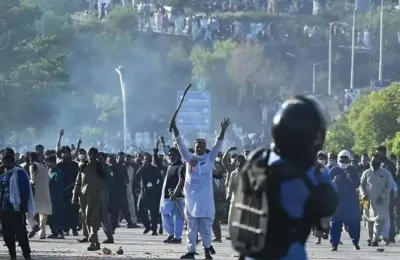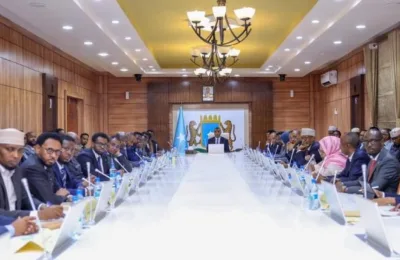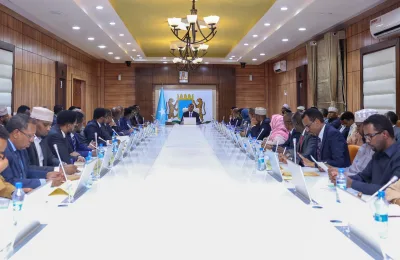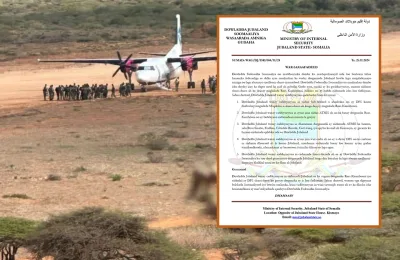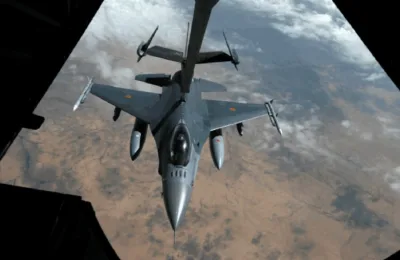Yesterday, US Forces killed nine Shabaab terrorists in a strike 40 km northeast of Kismayo after…

Yesterday, US Forces killed nine Shabaab terrorists in a strike 40 km northeast of Kismayo after the al Qaeda branch attacked Somali forces operating in the area. The strike took place near the town of Jamaame, a former Shabaab safe haven that was liberated by Somali forces just one day eariler.
The strike wounded one additional Shabaab fighter, US Forces Africa Command (AFRICOM) noted in today’s press release that described the strike. AFRICOM said no civilians were killed in the operation.
AFRICOM last conducted a strike in this area on Aug. 22. The US has conducted 24 counterterrorism strikes in Somalia in 2018, all of which have targeted Shabaab, Major Karl J. Wiest of AFRICOM Media Relations said in an email to FDD’s Long War Journal.
Yesterday’s strike is likely related to the Somali military operation. The Somali National Army claimed it liberated the town of Jamaame, which was described by a Somali general as “a major Al Shabaab stonghold,” on Sept. 30 after clashes with the terror group, Mareeg reported. Jamaame is approximately 50 km northeast of Kismayo.
While the Somali military operation to retake Jamaame is a welcome sign, Shabaab has maintained a persistent insurgency, and has shown it is capable of retaking areas liberated by the African Union and Somali forces. Shabaab retains a potent insurgency despite being targeted by the US and engagement from the Somali government and African Union forces. Over the past several years, the group has launched attacks that have killed hundreds of African Union forces from Uganda, Burundi, Kenya, and Ethiopia. These Shabaab assaults have forced African Union troops to withdraw from some cities and towns in southern Somalia. Shabaab also controls large rural areas and some towns in southern and central Somalia.
The US military has repeatedly described Shabaab as a direct threat to the US and its allies. The US government elevated the threat that Shabaab poses after the group used a sophisticated laptop bomb in an attempt to down a Somali airliner in 2016. That attack was cited by the US government as one of the reasons why electronics have been banned in the cabins of airplanes departing from 10 airports in the Middle East. [See: What’s really behind Trump’s laptop ban.]
The State Department’s most recent report on terrorism described Somali as a “terrorist safe haven.” The report explained that “… al-Shabaab experienced significant military pressure during 2017, but the group still maintained control over large portions of the country. Al-Shabaab retained the ability to carry out high-profile attacks using vehicle-borne improvised explosive devices (VBIEDs), suicide bombings, mortars, and small arms.”
Shabaab has not relented in its attacks, particularly in the capital of Mogadishu. Just yesterday, a Shabaab suicide bomber targeted a convoy transporting members of the European Union’s Training Mission in Somalia. Two civilians were killed in the attack.


